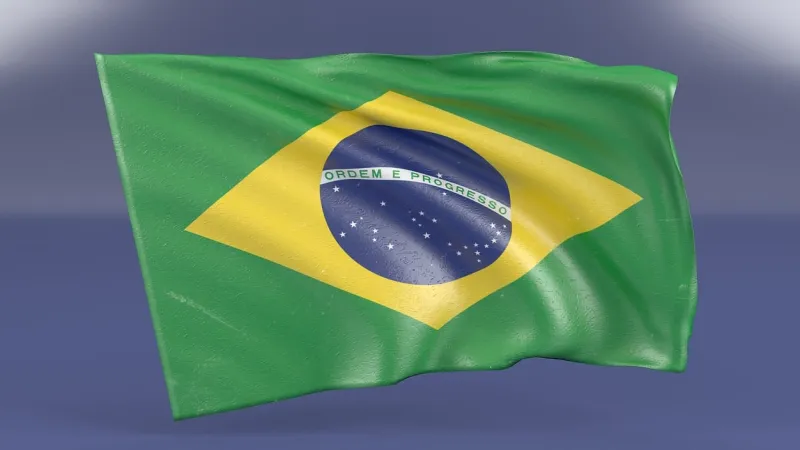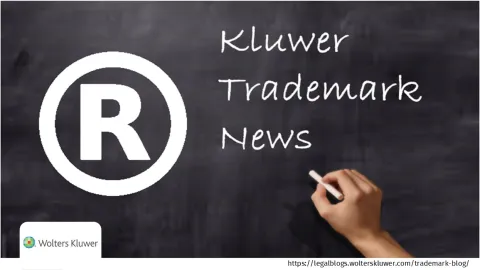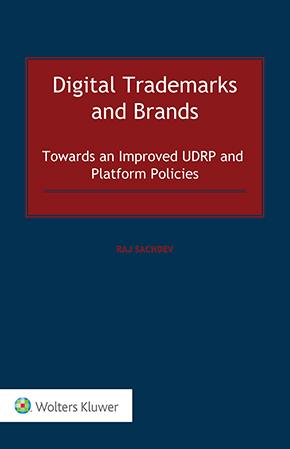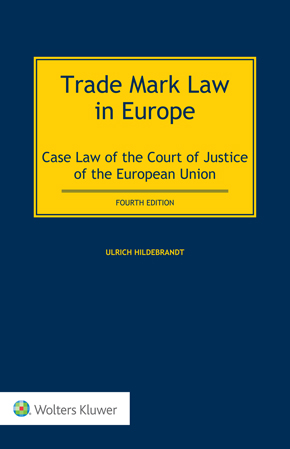Keeta vs. 99: What Brazil’s Delivery Market Teaches IP-Minded Entrants
October 7, 2025
Brazil is Latin America’s largest and most competitive delivery market, with >100 million app users and rapid revenue growth. Incumbents – especially iFood – benefit from first-mover advantages, exclusive restaurant relationships, and strong consumer loyalty. New entrants face daunting operational scale, regulatory complexity, and the need to differentiate in crowded app stores and streets.
Additionally, Brazil’s “continental” scale complicates logistics and compliance. Labor/regulatory frameworks for couriers and urban operations vary across municipalities; reputational and consumer-protection risks rise with speed of scale. Incumbents wield deep restaurant relationships and polished consumer funnels. Differentiation must be substantive – technology, reliability, service breadth – not merely chromatic or copy-cat UI.
Against this backdrop, Chinese-backed rivals 99 (DiDi) and Keeta (Meituan) have taken their rivalry from market tactics to the courtroom, turning brand identity and platform conduct into litigation flashpoints.
Brazil’s IP statute does not explicitly codify “trade dress,” courts – particularly the Superior Court of Justice (STJ) – routinely protect the overall visual identity of products and services to prevent consumer confusion. Protection can be layered: trademarks for word/device marks; industrial designs for shapes and graphic elements; software registration for code; and patents/utility models for qualifying technical features. For delivery platforms, where visual salience (app icons, UI, uniforms, vehicle livery) drives quick recognition, trade dress strategy often proves as consequential as classic trademark filing programs.
In this context Keeta and 99 are involved in the following suits at the São Paulo State Court, targeting IP to increase visibility in this segment:
Keeta v. 99 – Keyword Advertising (Google Ads)
Keeta alleges 99 purchased “Keeta” as a keyword to divert traffic. The court granted a preliminary injunction barring 99 from using or purchasing keywords containing Keeta’s name/mark, characterizing the practice as unfair competition in the online environment. Implication: online brand bidding practices carry real risks, especially for new entrants seeking to acquire traffic from incumbents.99 v. Keeta – Trademark/Trade Dress Infringement
99 accuses Keeta of appropriating distinctive elements, such as color palettes, app layout, typography, and delivery uniforms, creating confusion and diluting 99’s brand. Keeta counters that its green-yellow scheme flows from Meituan’s identity; that yellow is common across Brazilian delivery/logistics brands (thus not monopolizable); and that, if copying were rational, iFood’s leading red scheme would be the logical target. The court deferred any preliminary injunction (e.g., forcing Keeta to abandon yellow) until after evidence, stressing the need for technical/semiotic proof to assess market commonality and confusion. Implication: Brazilian courts demand robust expert evidence in trade dress disputes; palette and UI claims live or die on consumer perception and industry norms.
These disputes cast light over some key-point topics and strategies IP professionals and new entrant companies should note for the Brazilian market:
Pre-Entry Visual Clearance: Conduct “visual benchmarking” against incumbents’ apps, uniforms, rider gear, and storefront materials (not just registered IP rights). Document independent creation and distinctiveness to pre-empt trade dress claims.
Trade Dress is a core right: plan filings, audits, and enforcement paths before launch.
Digital Marketing Hygiene: Establish policies for search-engine marketing that avoid competitor brand bidding and negative-keyword traps, and memorialize agency instructions; courts increasingly treat aggressive SEM tactics as unfair competition.
Evidence Readiness: In case the companies resort to litigation involving trade dress, they must expect courts to order semiotic/consumer-perception analyses, show design rationales, and provide consumer research to demonstrate distinctiveness or rebut confusion.
The Keeta–99 clashes show how IP shapes competitive boundaries in Brazil’s delivery economy. Litigation is not just defensive; it is a strategic lever that can define commercial and brand boundaries between competitors and significantly impact on success in an online space. For foreign entrants, success requires more than capital: it demands early, layered strategy, IP protection and disciplined marketing before the first order ships.
You may also like











